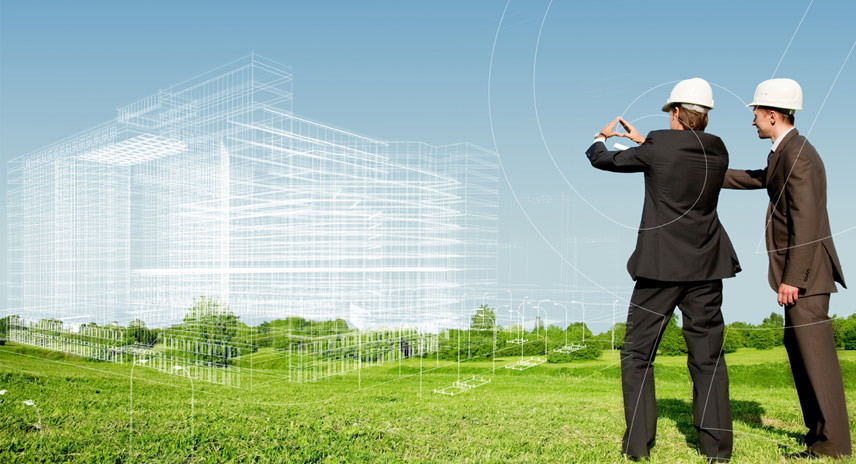Unveiling the Dynamics of Property Developers: The Architects of Urban Transformation
Unveiling the Dynamics of Property Developers: The Architects of Urban Transformation
Blog Article
Developers of property are the backbone of the real sector, guiding the development, transformation and improvement for urban environments. By utilizing their knowledge, insight as well as financial expertise they orchestrate the growth of residential, commercial, and mixed-use properties, shaping the fabric of our cities. Understanding their pivotal role and impact is essential in understanding the dynamics in the real estate sector.
At the core of development in property is the concept of creating environments that are in tune with the constantly changing demands and goals of society. Developers start projects with careful design, carrying out preliminary studies of the feasibility and market as well as architectural studies to assure the viability of their projects and align with demands. This approach to planning for the future does not just meet demands of the moment but also looks ahead to emerging trends to ensure sustainable urban development.
However, the complicated world of real estate development is not without challenges. Market fluctuations, regulatory hurdles and local opposition could throw even the most meticulously planned plans off the track. In the event of economic turmoil, projects could be delayed while changing consumer preferences demand constant adaptation. Moreover, developers must strike a delicate balance between financial success as well as social responsibility. They must also deal to issues related to affordability sustainability, sustainability, as well as equitable accessibility to housing. To meet these difficulties, successful developers exhibit resilience, innovation, and an unwavering commitment towards their mission.
Apart from residential developments and property development, property developers play an vital role in shaping commercial landscapes, driving the economy, as well as promoting innovations. They create vibrant business districts as well as retail centres and mixed-use communities, and draw in investors in the form of job openings, in turn, promoting entrepreneurship. These lively spaces are engines for urban revitalization, breathing new life into areas that are neglected and revitalising urban cores. To get added information please visit Akisama
However, the pursuit of development is not without its challenges and controversies, often that require complex discussions with local authorities environmental protections, as well as communities' resistance. Some critics argue that the rapid growth of cities driven by developers could cause problems like gentrification, relocation of native communities, and the degradation of our environment. Balancing economic imperatives with social as well as environmental sustainability is an ongoing challenge to the development industry.
The world of property development isn't unaffected by controversy and controversies. The rapid growth of cities, the scarcity of land and the regulatory challenges pose major obstacles for development projects. In addition, gentrification, displacement and affordability problems raise concerns regarding the social justice consequences of some projects. Critics often scrutinize the impacts of construction on the environment and advocate for sustainable practices as well as green building certifications. Also, downturns in economics, geopolitical uncertainties, and market fluctuations can disrupt timeframes for projects as well as investment returns which highlights the inherent risk of the real estate industry. Therefore, property developers need to be able to navigate the complex terrain of risks and opportunities in order to balance profit-driven motives and larger social concerns.
